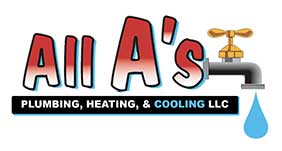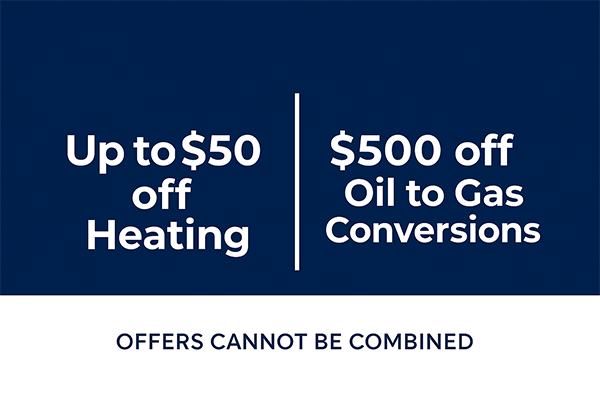Gas Pipe, TracPipe and Peck Certified Plumbers
Have you been thinking about getting gas piping for a new place or an existing property? If so, you do not want to give your business to just anyone. You want to give your business to someone who is an expert in his or her field. This is especially true for anything having to do with natural gas. If handled properly, natural gas can be a wonderfully cheap energy source for your home. However, if handled improperly, it becomes a flammable nightmare.
You need to find a plumber that has Peck certification and TracPipe certification. That way, you can be sure you are getting the best. If you do not understand the ins and outs of the certification process, here is why it is so important.
What Type of Pipe Does A Plumber Use for Underground Gas Lines?
You may be asking, “What type of pipe is used for natural gas?” A plumber can use many types of gas piping underground. Not all of it, however, conforms to the New Jersey code. Most natural gas pipes are black steel or galvanized steel. Sometimes, they are brass or copper. There are also pipes made of corrugated stainless steel tubing. However, some utilities have specific types of pipe they require. Therefore, you need to make sure your plumber knows what your utility’s requirements are.
Underground gas piping is important. And, your plumber must use the right piping. If the piping does not conform to the underground gas pipe code, you will have to have it redone.
What Is TracPipe?
In the past, many gas companies used copper for underground piping. However, gas pipe installation regulations have changed. Now, many locations have prohibited copper piping. In many rural areas, copper piping was the norm for the delivery of butane or propane. Many utilities use TracPipe as an alternative to copper. TracPipe is a flexible gas pipe made from stainless steel, which makes it tough and resistant to corrosion. You can have TracPipe installed both aboveground and underground. If you use TracPipe underground, it needs to be in a sleeve to give it further protection. TracPipe has proven to be very reliable underground.
Because plumbers must install TracPipe under specific guidelines, any plumber who purchases TracPipe must be certified. TracPipe certification classes take about two hours. Plumbers have to pass a test to become certified to install TracPipe. The class covers the aboveground and underground installation.
Why Do I Need to Make Sure My Plumber Is Certified?
For some types of maintenance, your plumber does not have to be certified. You do not need a lawnmower business to have certification to mow lawns. However, if you need to have trees cut down, you will need a certified arborist to do it. That way, you know that the person will keep the right trees and cut down the diseased ones.
It is much the same with licensed gas plumbers. Your house and property are important to you. You would not want anything to happen to them. You also do not want anything to happen to your family. We understand. If you make sure that the plumber you hire is TracPipe and Peck certified plumbers, you have improved your outcome. Your plumber needs to be able to install your gas lines quickly and safely. You also want your plumber to install gas lines that comply with New Jersey guidelines.
If you are looking for TracPipe and Peck certified plumbers for your commercial, industrial or residential property, contact All A’s Plumbing & Heating. You can find us in Randolph, NJ, in Morris County.



Recent Comments